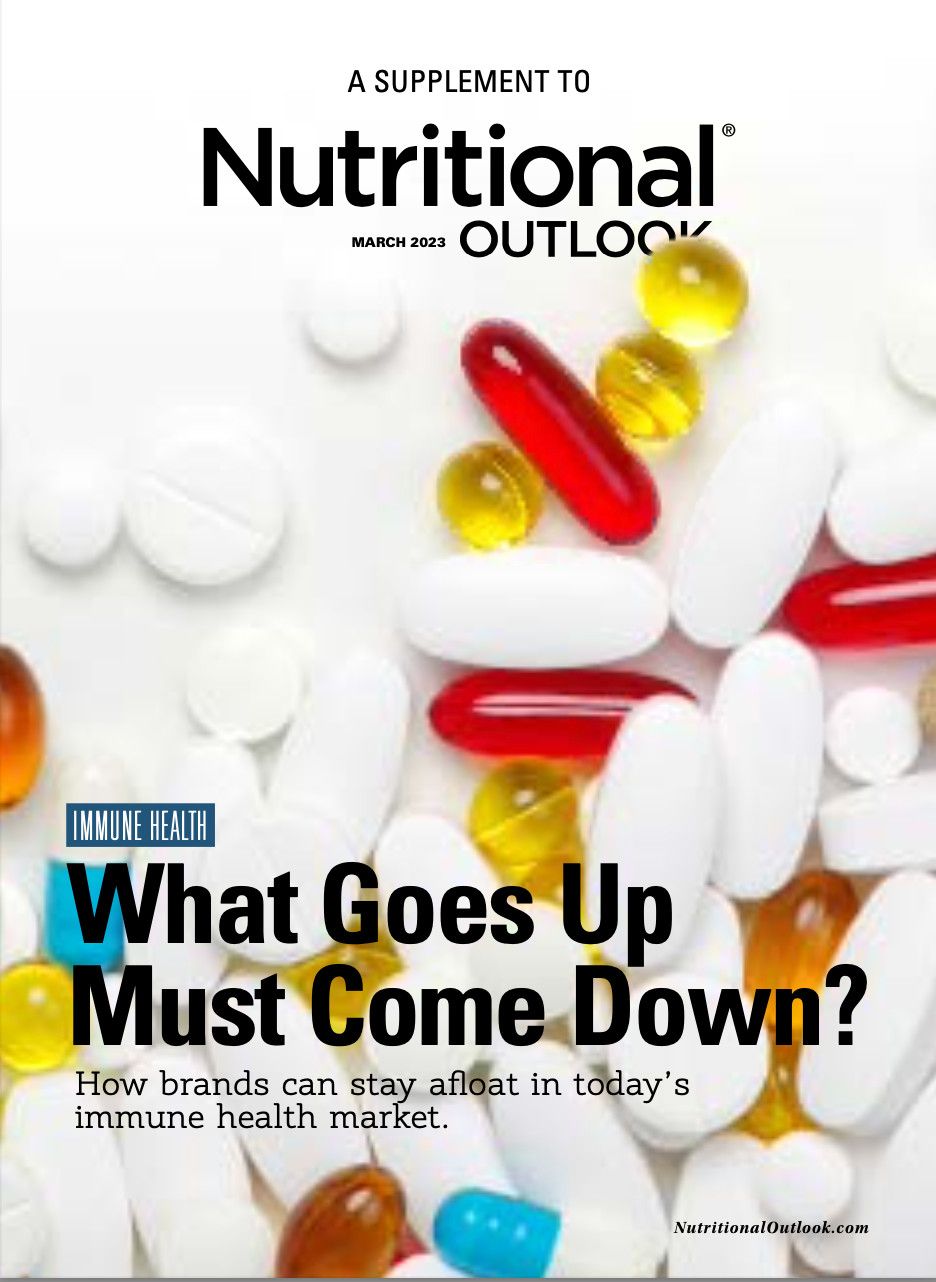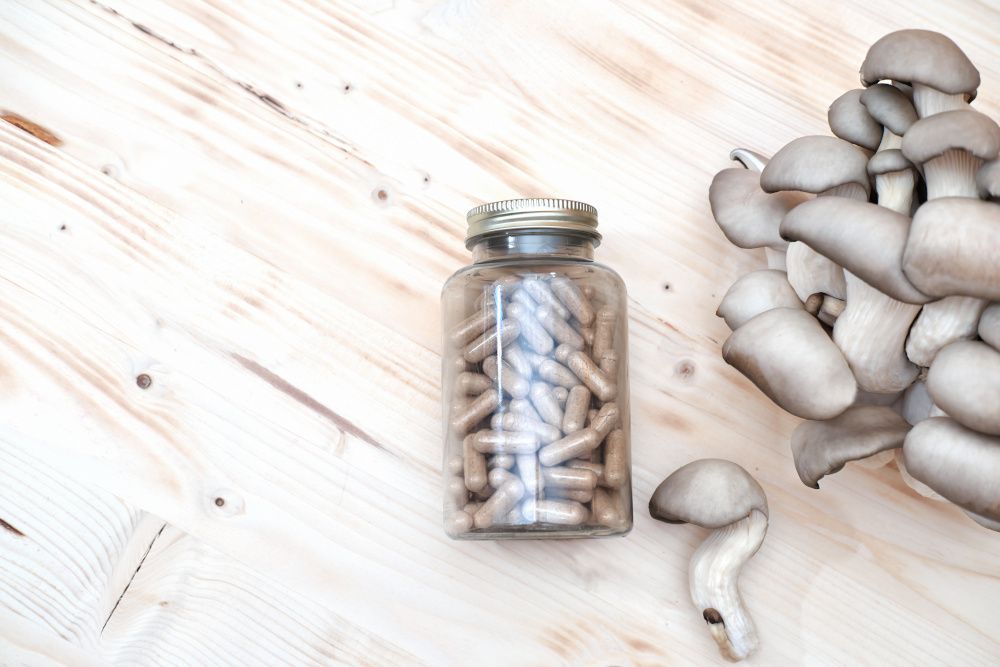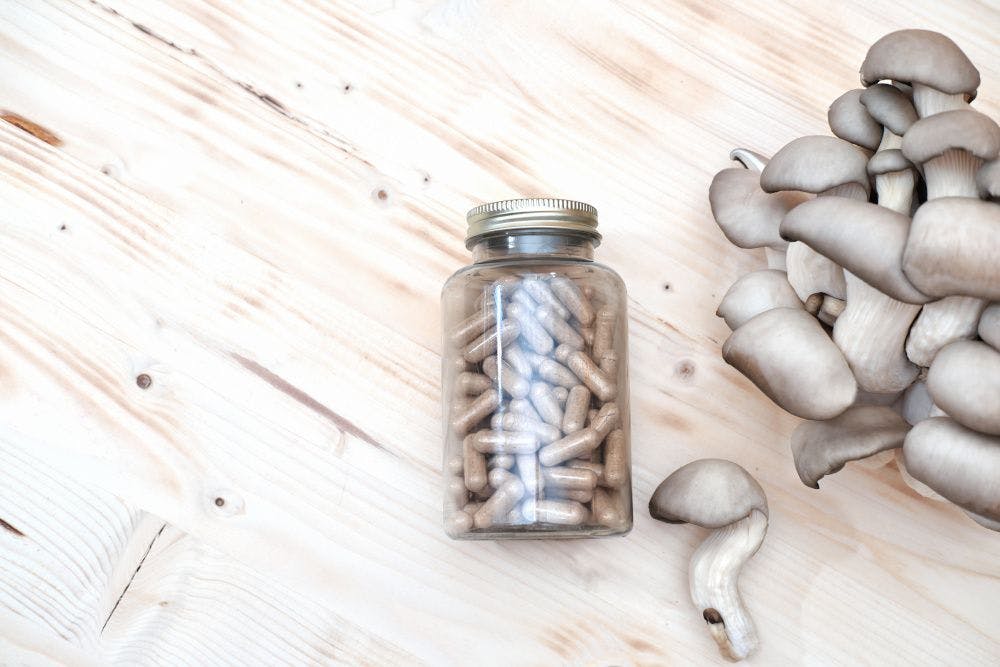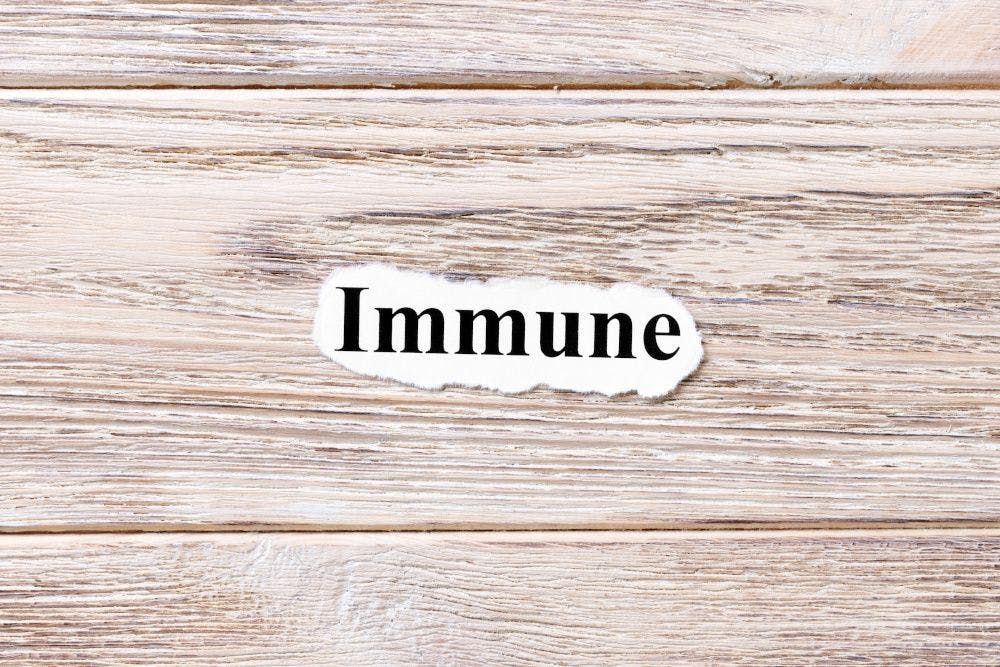Ground support: Leveraging mushrooms’ immune health benefits
What’s in the mushroom-health pipeline?
No matter how fast COVID-19 recedes into the rearview mirror, it can’t seem to get out of sight fast enough. For despite the effects of vaccines, boosters, and public-health measures galore, tests keep returning positive and interest in immunity remains high.
Of course, that last point is nothing to complain about and may even qualify as one of the rare “long-COVID symptoms” that leaves folks better off than before. How so? Increased attention to immune health not only stands to keep consumers well but could turn them into loyal supplement shoppers in the long run, too.
This transformation appears to be underway in the functional-mushroom space right now. While good-for-you fungi were already building a robust wellness reputation before the pandemic, “Thanks to the renewed focus on immune support that began three years ago,” observes Bill Chioffi, chief strategy and innovation officer, Nammex (Gibsons, BC, Canada), “awareness of mushrooms’ efficacy is now growing exponentially.”
Escape Velocity
Indeed, any industry observer would have trouble arguing that functional mushrooms aren’t gaining ground with supplement fans. Consider that SPINS data covering the domestic natural-supplements channel for the 52 weeks ending October 30, 2022, tracked sales growth of 15% for “mushrooms (other)” relative to the year prior.
Such figures suggest that American consumers’ embrace of functional mushrooms is well ahead of the curve. But as far as Chioffi’s concerned, “we’re just beginning to catch up.” Rather than ask why consumers here are so bullish on functional mushrooms, he says, “I believe we should be asking why Western diets are so mushroom-deficient compared to Asia.”
After all, both scientific and anecdotal evidence behind mushrooms’ advantages—the “positive health stories,” as Chioffi calls them—are now at “escape velocity,” he claims, “driving us into a mushroom-filled future.” And manufacturers are taking note: “We’re hearing from a number of mainstream brands looking to launch functional foods and beverages offering mushrooms’ health benefits,” he says.
Nature’s Booster
Again, these developments owe no small debt to the pandemic. “COVID reminded us that we should never be complacent about how healthful diets and lifestyles affect us, or how the benefits of herbs and mushrooms can protect us from the ever-present diseases we live among,” Chioffi cautions.
And though strategies like eating responsibly, exercising, and maintaining “close connections to community and nature” are the platonic ideals for shoring up one’s immune defense, “not everyone has the bandwidth to incorporate all of these into their lives,” Chioffi concedes, “so we need extra help from supplementation.” And supplementation with mushrooms may really help.
The argument for their effects is convincing. “Mushrooms contain a veritable medicine chest of complex molecules,” Chioffi attests, “including, but not limited to, polysaccharides, glycosides, fats, minerals, protein, alkaloids, volatile oils, terpenoids, tocopherols, phenolics, flavonoids, carotenoids, folates, lectins, enzymes, and ascorbic and other organic acids.”
To give any one of these constituents credit for generating mushrooms’ immune-potentiating activity “would be like saying that water and carbon are what make humans tick,” he adds. “It’s more complex than that. But scientists are uncovering more insights every day.”
For example, studies suggest that some mushrooms trigger direct potentiation of immune-cell production, Chioffi says, with reishi (Ganoderma lucidum) mushrooms demonstrating prebiotic effects via their stimulation of Bifidus populations in the lower intestines. And all mushrooms contain L-ergothioneine and ergosterol, Chioffi adds, which are both targets of inquiry for their immune potentiation.
Beta Testing
But what Chioffi and others find most enticing are the potential adaptive and non-adaptive immune effects attributable to mushrooms’ beta-1,3/1,6-glucans.
The cell walls of mushrooms and other fungi contain chitin, a naturally occurring aminopolysaccharide polymer that also lends rigidity to the shells of crustaceans such as crabs and lobsters. “Within those walls are the valuable beta-glucans waiting to be released,” Chioffi explains, and simple hot-water extraction gets that job started.
Once released and made available to the human body, these polysaccharides “have potent immunological properties,” Chioffi continues, “and scientists are united on this.” They’re even circling in on a mechanistic explanation for how mushroom beta-glucans effect their benefits, pointing to evidence that specific TLR receptors recognize these beta-glucans and, in so doing, set off a cascade of reactions that upregulate production of macrophages and other related cytokines.
In 2015, studies conducted at the John Bastyr Research Institute “clearly demonstrated” mushroom extracts’ capacity to induce macrophage cells via the TLR2 receptor, Chioffi notes, while one preliminary randomized trial1 exploring the efficacy of reishi, turkey tail (Trametes versicolor), and chicken of the woods (Laetiporus sulphureus) in clearing certain serotypes of the oral human papillomavirus associated an 88% clearance rate to a combination of turkey tail and reishi.
“We look forward to more encouraging investigations like this on humans, potentially offering safe and affordable options for treating common and increasingly prevalent immune dysregulation,” Chioffi anticipates.
Special Delivery
When those options emerge, consumers will likely look for them in products that are “convenient, clean, and consumed regularly,” Chioffi predicts. Luckily, these also happen to be the products that are already trending.
“Outside the ‘gummy craze,’” Chioffi continues, “we like seeing our extracts in foods, bars, ready-to-drink beverages, coffee alternatives, and chocolates.” And while one might assume that these lifestyle-friendly formats would be current top sellers, he adds, “Capsules still tend to outsell other delivery formats at least two-to-one.”
On the technical front, Chioffi explains that Nammex extracts its beta-glucans in the matrix of a whole-mushroom extract. Dried to a dispersible powder, these extracts have proven themselves compatible with—and effective across—the applications mentioned above.
And they’re real foods, Chioffi emphasizes. “I love the point that mushrooms are in fact a very nutritious food that is amazingly versatile,” he muses. “But for those who don’t like the flavor or texture, mushrooms’ benefits are available in various dietary supplement dosage forms. And as those of us in the category have heard over and over, when a consumer starts taking a quality product made with actual mushrooms, they notice results. And when they notice results, they become repeat buyers and tell their friends.”
References
- Donatini, B. Control of Oral Human Papillomavirus (HPV) by Medicinal Mushrooms, Trametes versicolor and Ganoderma lucidum: A Preliminary Clinical Trial.” Int J Med Mushrooms. 2014, 16 (5), 497-498. DOI: 10.1615/intjmedmushrooms.v16.i5.80

Prinova acquires Aplinova to further increase its footprint in Latin America
April 7th 2025Prinova has recently announced the acquisition of Brazilian ingredients distributor Aplinova, which is a provider of specialty ingredients for a range of market segments that include food, beverage, supplements, and personal care.

















